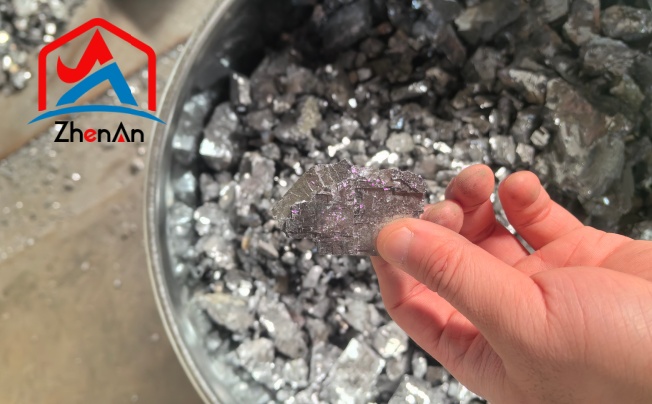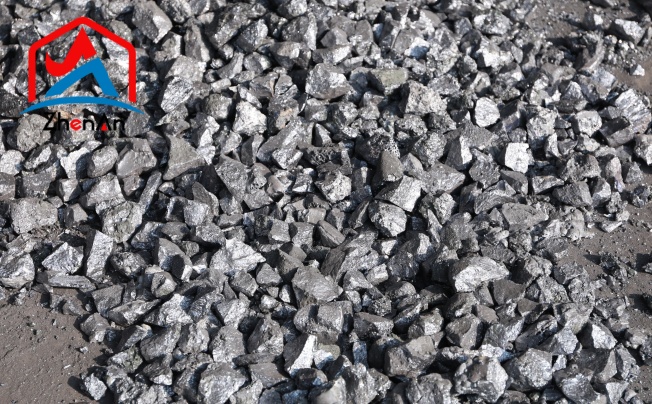What Is Magnesium?
One mineral that is necessary for many different body processes is magnesium. It is essential for supporting over 300 enzymes that carry out different chemical reactions in the body, including the synthesis of strong bones and proteins, blood pressure, muscle, and nerve function regulation, as well as serving as an electrical conductor that contracts muscles and maintains a steady heartbeat.
Magnesium can be obtained as a supplement or found naturally in a range of meals. Additionally, it is a component of laxatives and antacids. Legumes, whole grains, vegetables (particularly broccoli, squash, and green leafy vegetables), and nuts are a few dietary sources of magnesium.
Over time, low magnesium levels can cause issues with the movement of other minerals, such as calcium and potassium, into and out of the body's cells. Long-term insufficient intake of magnesium in the diet may put a person at risk for conditions like osteoporosis, diabetes, heart attacks, and strokes.
As an electrolyte, a magnesium shortage can cause numbness, irregular cardiac rhythms, and spasms in the coronary arteries. Long-term magnesium deficiency raises the risk of migraine, Parkinson's disease, Alzheimer's disease, and stroke.
Apart from its function in preserving general well-being, magnesium is also employed in the management of many ailments, including severe asthma episodes and eclampsia in pregnancy. It is the primary component of several laxatives and antacids.
350 milligrams is the Tolerable Upper Intake Level (UL) for magnesium from supplements. Some people may experience cramps, nausea, and diarrhoea after using high-dose supplements. However, since the kidneys will remove excess magnesium, taking extra magnesium from food is normally harmless.
In conclusion, magnesium is an important mineral that is required for the proper function of bones, muscles, neurons, and blood sugar. It can be found in many foods naturally, as a supplement, and is essential for many body processes.
What Is Magnesium Metal?
Magnesium is an atomic number twelve element represented by the symbol Mg. It is a low-density, low melting point, and highly reactive metal that has a glossy grey colour. It only exists naturally in combinations with other elements, just as other alkaline earth metals, and its oxidation state is nearly always +2. It easily produces a thin magnesium oxide passivation layer when exposed to air, which stops the metal from corroding any further. The primary method for obtaining the free metal, which glows brightly white, is the electrolysis of magnesium salts extracted from brine.
Magnesium metal was initially synthesised in an imperfect form by Anton Rupprecht in 1792. Humphry Davy separated a pure, albeit small, amount of the metal in 1808 by electrolyzing magnesium oxide. When used as an alloying agent, it increases the mechanical, fabrication, and welding properties of aluminium and is one-third less dense than aluminium. These alloys are helpful when building cars and aeroplanes.
Magnesium has a density of 1.74 g/cm3, making it the lightest structural metal. It has a dense, solid texture and is solid at normal temperatures. When pure magnesium is cut or polished, it usually has a bright, silvery-white appearance. It reflects light similarly to other metals and has a shiny sheen. To increase its hardness, tensile strength, and suitability for casting, welding, and machining, magnesium is primarily utilized in alloy form, especially when combined with ten percent or less of aluminium, zinc, and manganese. Magnesium alloys find use in many different applications, such as parts for automobiles, industrial, spacecraft, aeroplanes, portable tools, and home appliances.
Why Is Magnesium So Expensive?
Magnesium is a lightweight, adaptable metal that is used in a variety of applications, including the production of car and aeroplane parts and as a vital component of several battery types. But the price of magnesium has significantly increased recently, leaving many to wonder why it's so pricey.
The dynamics of supply and demand, manufacturing costs, regulatory considerations, and worldwide market circumstances can all be considered as major contributors to the rising cost of magnesium.
- Dynamics of Supply and Demand
Supply and demand have a significant impact on magnesium prices, just like they do on any other commodity. There have been worries recently regarding a possible magnesium supply shortfall. Numerous factors, such as reduced output in major producing nations and rising magnesium demand across a range of industries, are to blame for this scarcity. Prices always tend to increase when supply cannot keep up with demand.
- Costs of Production
Magnesium is made by an energy-intensive process that involves removing the metal from ores or saltwater. Production costs of magnesium are directly affected by rising energy costs, such as those of coal and electricity. Magnesium prices rise as a result of producers passing these additional expenses along to customers.
- Regulatory Elements
The price of magnesium may also be significantly impacted by environmental legislation. Some regions have tightened regulations on energy use in an attempt to lessen the impact of industries on the environment. As an illustration, a "dual control" system has been put in place to restrict energy usage and intensity in China, a significant magnesium producer. Increased production costs may result from these tighter laws, and those costs may be transferred to final consumers.
- International Market Situation
The price of magnesium can also be impacted by outside variables, including trade regulations, geopolitical concerns, and the state of the world economy. Trade restrictions or tariffs on magnesium, for instance, can raise the cost of importation and raise prices in nations where imports are the primary source of magnesium.
In conclusion, the issue of magnesium's rising cost is complicated and affected by a wide range of variables, including production costs and the dynamics of the worldwide market. While businesses who rely significantly on this metal may face difficulties as a result of this trend, it may also present an opportunity for research and development into more affordable ways to produce magnesium and substitute materials. Magnesium's significance in our daily lives has not decreased, even as the globe struggles to overcome these obstacles.






